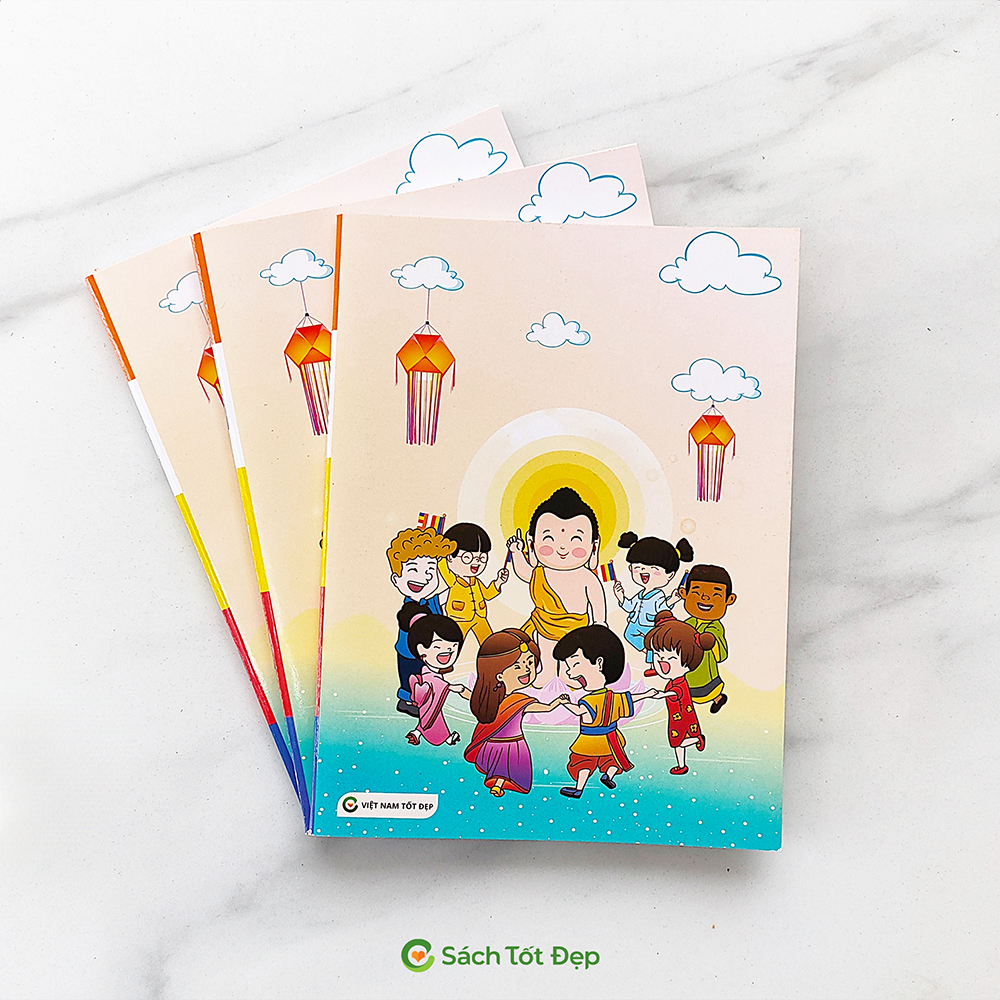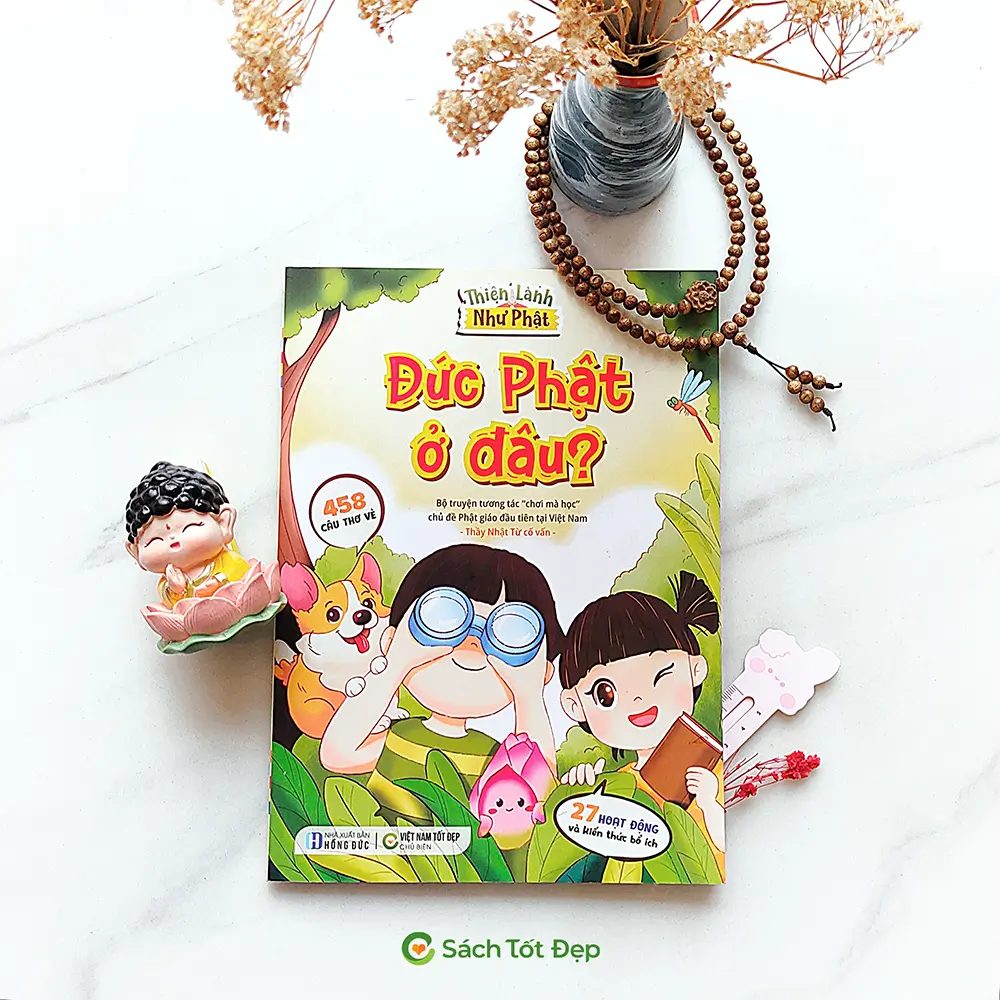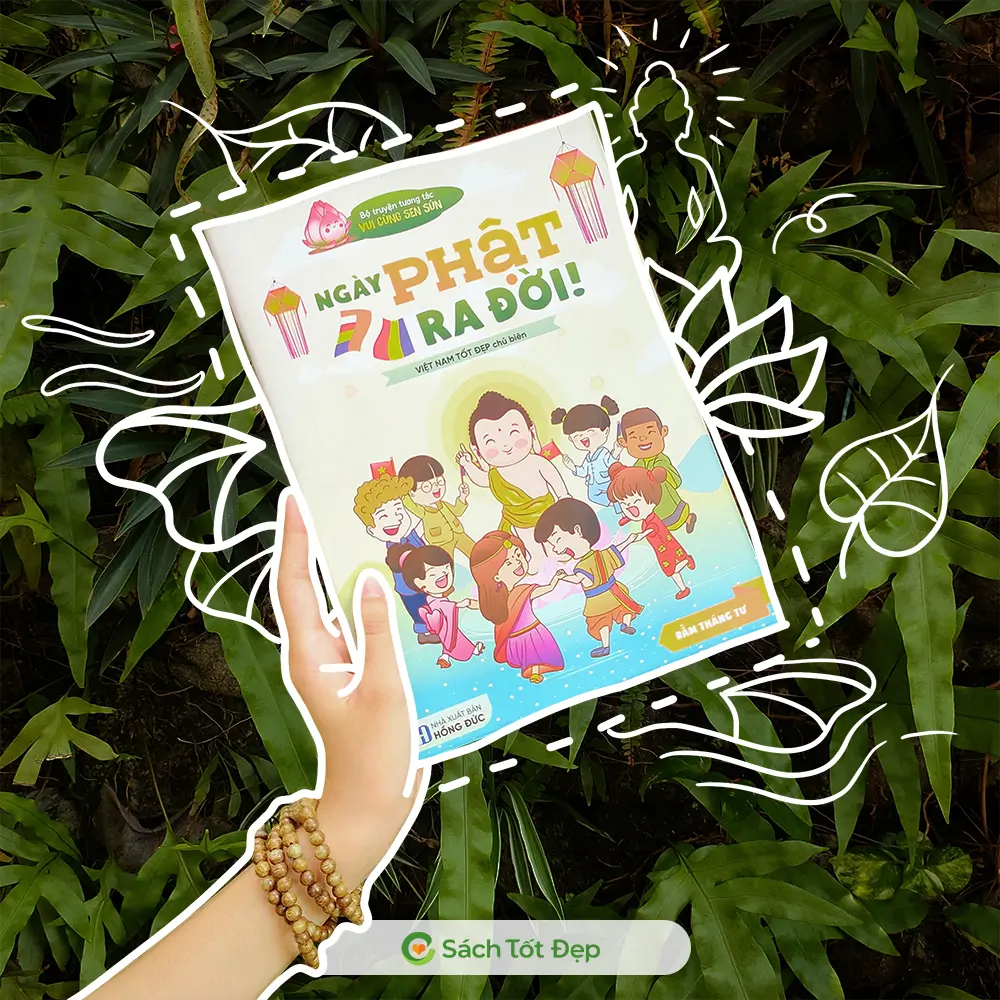The Relevance of Buddhism for Contemporary Youth
Buddhism’s Positive Impact on Today’s Youth
Buddhism is one of the religions significantly contributing to the progress and peaceful life of today’s youth. One of its core teachings to humanity, including the younger generation, is understanding the immense power of compassion.
There is no liberation or purification without individual effort. Today’s youth live amidst numerous advantages and challenges. The benefits include living in an era of significant scientific and technological achievements in fields like medicine and economics. However, the pressures of modern society heavily burden young minds. Materialism and selfishness are becoming prevalent, eroding the purity of their souls.
In light of this situation, many educators, psychologists, and religious leaders have urged people, especially the youth, to awaken and live with ideals, to self-cultivate, and to be role models for others in preserving and fostering a life of peace and happiness.
Buddhism’s Role in Youth Development

Buddhism plays a crucial role in positively influencing the advancement and peace in young people’s lives today. It has taught the world, especially the youth, about the power of love and compassion. Through compassion, young people can eliminate hatred and racial prejudices, leading to a harmonious brotherhood.
The Benefits of Buddhism for Young People
To live in a happy brotherhood, young people must realize that self-ego is a formidable enemy on their journey to peace and happiness. Every time they courageously confront and repel this enemy, it weakens until it no longer controls them. The ego is the enemy of truth and those who are attached to their ego cease to care for others, becoming cruel, greedy, deceitful, and immoral.
Overcoming the ego transforms a person into someone incapable of cruelty or greed, someone who loves and treats everyone kindly, ready to help those in need and spread joy and happiness wherever they go.
Young people should not be discouraged by the challenge of overcoming the ego. Remember, even Buddha took time to conquer it. Nothing of value can be achieved instantly or in a day; persistent effort is required. The reward comes to those who diligently work towards it every day.
Every young person has a challenging task ahead, many things to learn, to unburden themselves from the pain they have carried for years. The first lesson for them is to understand the Law of Karma, as taught by Buddha.
The Law of Karma and Its Implications
The Law of Karma, also known as the Law of Cause and Effect, simply states that everything we see is the result of past causes. For example, the beauty of a pink lotus flower stems from the lotus plant, which itself originates from a lotus seed.
Similarly, the thoughts, words, and actions of young people are like seeds sown, yielding fruits – pleasant or unpleasant based on the nature of the actions. Buddha taught, “”As you sow, so shall you reap.”” Thus, we must understand that every word and action bears its fruit, good or bad, depending on the thoughts, words, and actions planted in the soil of our character. We cannot escape the consequences of our actions. No amount of money can absolve past wrongdoings. This is a deluded thought stemming from ignorance.
Young People on the Benefits of Learning Buddhism

The only way to escape suffering is not to sow seeds of harmful thoughts, words, and actions. Assuming someone commits evil deeds for money, thinking wealth will erase past mistakes, is futile. No amount of money can correct past wrongs. We are wise enough not to make such foolish mistakes.
Everything in life follows the principle of cause and effect. Nobody can take our medicine for us. If someone is sick and given medication by a doctor, they must take it themselves to get better. As Buddha said, “”Each person must harvest the crop they have sown.””
When Buddhists say, “”This is my karma,”” they mean they are reaping the consequences of seeds they have sown. This essentially means:
Sow a thought, reap a habit.
Sow a habit, reap a character.
Sow a character, reap a destiny.
All we do results from our thoughts, established on our mindsets. Thoughts might seem insignificant, but they can have profound consequences. People often say kind thoughts lead to loving words, and pure thoughts lead to virtuous actions. If someone constantly uses harsh, dishonest, or cruel words, their mind is filled with negative thoughts.
These thoughts originate from where? Some blame society or bad influences for leading them astray. But Buddha explains that such harmful thoughts stem from ignorance, the primary cause of suffering. Ignorance of what is true and good leads to evil thoughts residing in the mind, eventually manifesting as harmful words and actions, causing suffering. Suffering is the karma of wrong thinking.
The Power of Thoughts in Buddhism and Their Impact on Life
Thoughts can be likened to seeds sown in the garden of the mind. From these seeds spring fruits, words, and actions. If we plant only the seeds of ignorance in our consciousness, our mental gardens will undoubtedly be overrun with harmful weeds, devoid of vibrant fruits. The longer we delay cultivating our mental gardens, the more challenging the cleanup becomes. We must eradicate weeds like thoughts of hatred, envy, impurity, and dishonesty, which lead to harmful actions and eventually suffering. To gradually eliminate these negative thoughts, we need to plant seeds of love, compassion, purity, and beauty in the garden of our mind.
It’s crucial to have genuine thoughts in our hearts if we wish to succeed in life and become good people. Dear young friends, don’t lose heart! The future awaits your aspirations. Begin now to sow seeds of virtue; deposit in the bank of life all that is true and wise. By doing so, you will escape suffering, live in peace, and attain happiness.
(Source: Vietnam Buddhist Sangha)
Sản phẩm bạn có thể quan tâm

Tot Dep Notebook 96-pages
Warning: Undefined array key 0 in /home/totdepc/public_html/sach/wp-content/themes/totdepbookstore/single.php on line 357
Warning: Attempt to read property "name" on null in /home/totdepc/public_html/sach/wp-content/themes/totdepbookstore/single.php on line 357
8.000đ

Let’s play with Sen Sun: Mid-Autumn Festival
Coloring book
30.000đ

Buddha’s Little Explorers: Where is Buddha?
Interactive book
59.000đ

Let’s play with Sen Sun: Buddha’s birthday
Coloring book
28.000đ





